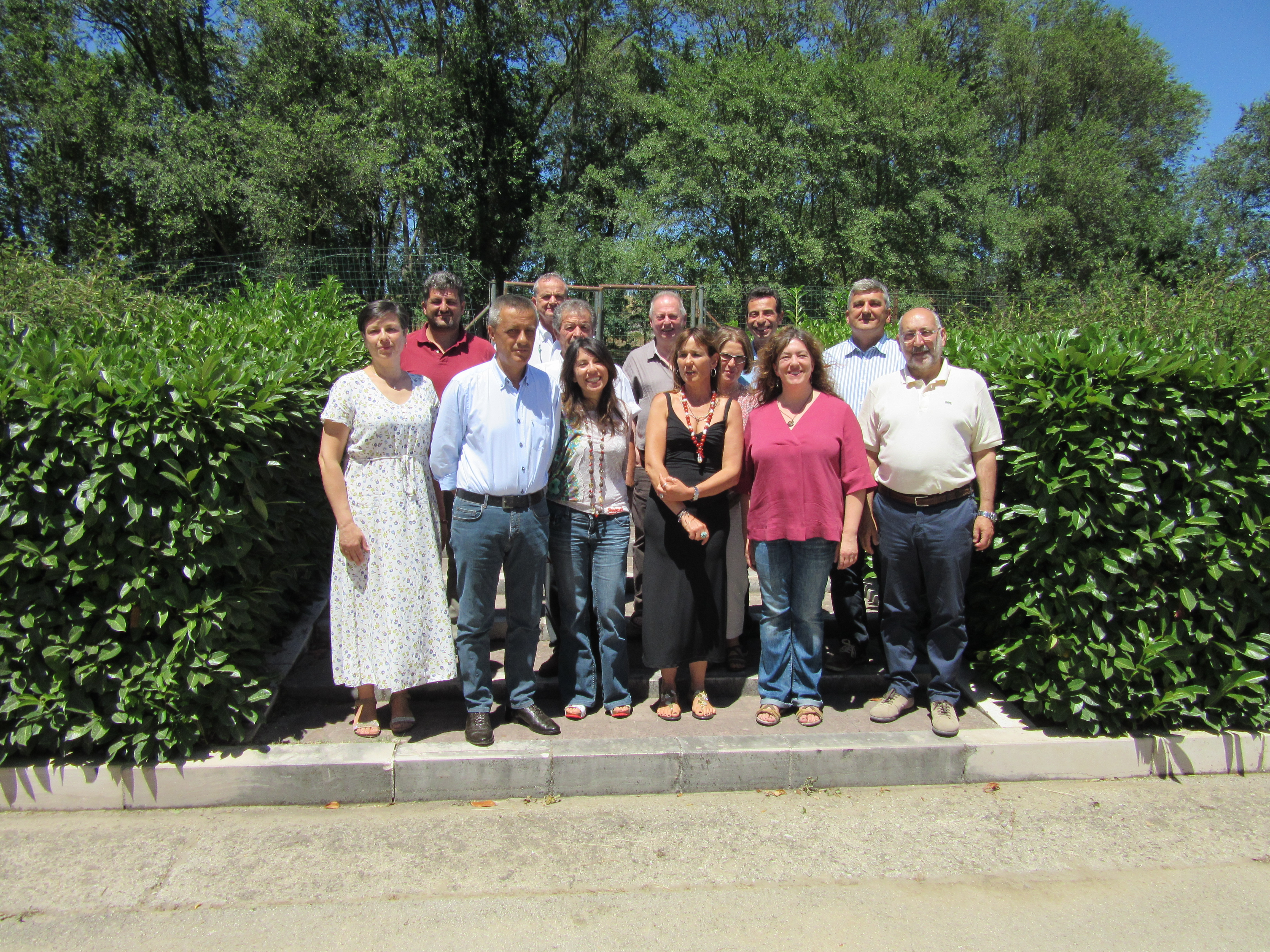Mediterranean countries have established a network focused on actions for mitigation and adaptation in the livestock sector in that region.
The ‘Actions for Mitigation of and Adaptation to Climate Change in Livestock Sector in Mediterranean Area Network’ (MLN) was set up in 2015 and is comprised of 50 researchers from 16 different countries in Europe and North Africa. It is focused on three key regional concerns regarding livestock production:
- Water resources and quality: Livestock require considerable amounts of water for drinking and cleaning. Water is also essential for growing feed crops or grazing. With manure, pesticides or fertilisers used for feed production, livestock can affect water quality and availability. An interdisciplinary approach is necessary to develop strategies to reduce water consumption and mitigate the effects of climate change on livestock sector.
- Mycotoxins: High temperatures and prolonged drought periods are favourable for mycotoxin contamination, which is a hazard for consumers and sometimes for the animals too. The economic damage can be considerable for feed and animal products. Efforts are required to sustain more tolerant crops, develop sustainable strategies of defense from parasites, improve methods of conservation, and develop feeding strategies.
- Good practices throughout the production chain: Improving the efficiency of production is a key element in the sustainability of the livestock sector. It supports reductions in greenhouse gas emissions and air and water pollutants, and helps save non-renewable resources. Good practices have to be applied and, in some circumstances, adapted to the particular environments and production systems of Mediterranean countries.
In the short term, the Network is focused on gathering literature on these areas of interest, as well as information about relevant national and international programmes.

